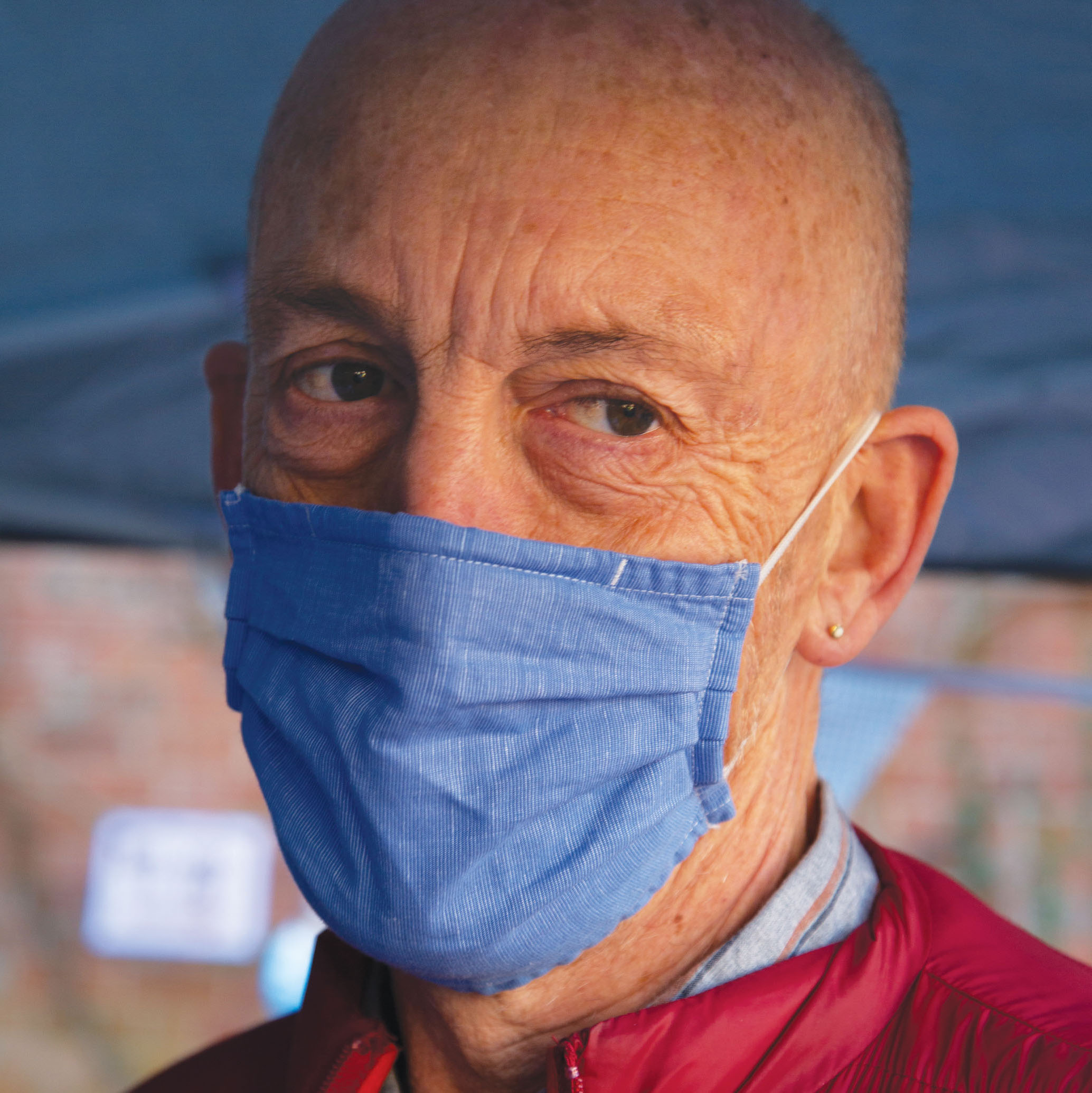‘Radical Technology’, or organic gardening in the 1970’s
Last weekend I was invited to speak at a conference in Bristol to celebrate the 40th anniversary of the publication of the book ‘Radical Technology’ edited by Pete Harper and Godfrey Boyle. It was part nostalgia, part reflection on what we got right, or didn’t and and the lessons learned, and partly some visioning of the future. Naturally the book focussed on themes current in the 1970’s; food, energy, shelter, materials, communications and a rather mysteriously entitled, ‘autonomy’ as well as macrobiotics, the occult, and 19c utopias. I was there to reflect on Lawrence Hills’ contribution on the role of composting in organic growing. Hills was the founder of HRDA, now Garden Organic and by the mid 1970’s had already achieved a certain guru status. One of the original editors told me they were really pleased when he agreed to contribute. I suspect he was their oldest contributor. One of the big themes of the time was rural self-sufficiency, strongly influenced by the writings of John Seymour such as ‘Self Sufficiency’ (1973). Looking back, with sustainability and ‘carbon footprints’ more to the fore these days, the rural idyll looks remarkably self indulgent and unsustainable. High density, low carbon footprint cities are where its at. Unlike some of the other contributions Hills’ article is highly practical. He focuses on organic gardening – of course, but starts off by saying: ‘Anything written on organic gardening must begin with making a compost heap’. Anyone blogging as Lord Muck could hardly disagree.
The tenor of the article has survived the passage of time well – composting and organic growing are pretty timeless after all. I love his analogy; ‘Compost making is like baking bread – there are many methods but all are ways of using bacteria and fungi to make a product we want – compost is as ‘unnatural’ as a flint axe, a loaf of bread, a glass of beer or a chunk of cheese.’ It is written in very much what I imagine to be Lawrence’s ‘voice’ (I never knew him, he died in 1990) advocating ‘household liquid activator’ ie urine mixed with three parts water to get the composting processes going, allegedly at the time called ‘Chairman Mao’s favourite’ (I doubt it. Chairman Mao was no gardener, far too posh) and as a pest control spray ‘…nicotine, made by simmering 2oz of filter tip cigarette ends (ask your local cinema if you are a non smoker) in a quart of water for half an hour filtering through a cloth and diluting with six parts of water for aphids and four for cabbage caterpillars’. Priceless. Which cinema, and what cigarette butts? A fascinating little insight on how social and societal mores have changed in 40 years.
The funny thing is, Hills was chiefly famous in his time for advocating the use of comfrey, certainly something I adopted with enthusiasm in the late 70’s and still have plenty of on both allotment and garden, but it doesn’t get a mention in his contribution to ‘Radical Technology’. A few other things didn’t get mentioned in the ‘food’ section of the book either. Nothing on fairtrade, nothing on animal rights (though the article on vegetarianism did make passing reference to killing animals being a good reason for being one), nothing on selling as opposed to growing food, nothing on the role of multi-national food corporations (though there was a prescient piece by Charlie Clutterbuck who also spoke, on agri-business), nothing on the Common Agricultural Policy and its implications, though the book came out only months after an in/out referendum on EEC membership produced a decisive remain result… how things change; and perhaps most oddly of all, nothing on food and health. Obesity wasn’t the big issue it is now, but John Yudkin’s book ‘Pure, white and deadly’ on the dangers of sugar had been out for four years. The focus was really on addressing issues of equality, tackling the global food crisis, environmental sustainability (not called that then) and health, by growing your own. That is still important, but everybody at last weekends conference was only too well aware of the bigger picture issues too. At the time ‘Radical Technology’ was written, salmonella in eggs and other food safety issues, including food irradiation, and BSE, as well as the whole GM debate, were all in the distant future.

